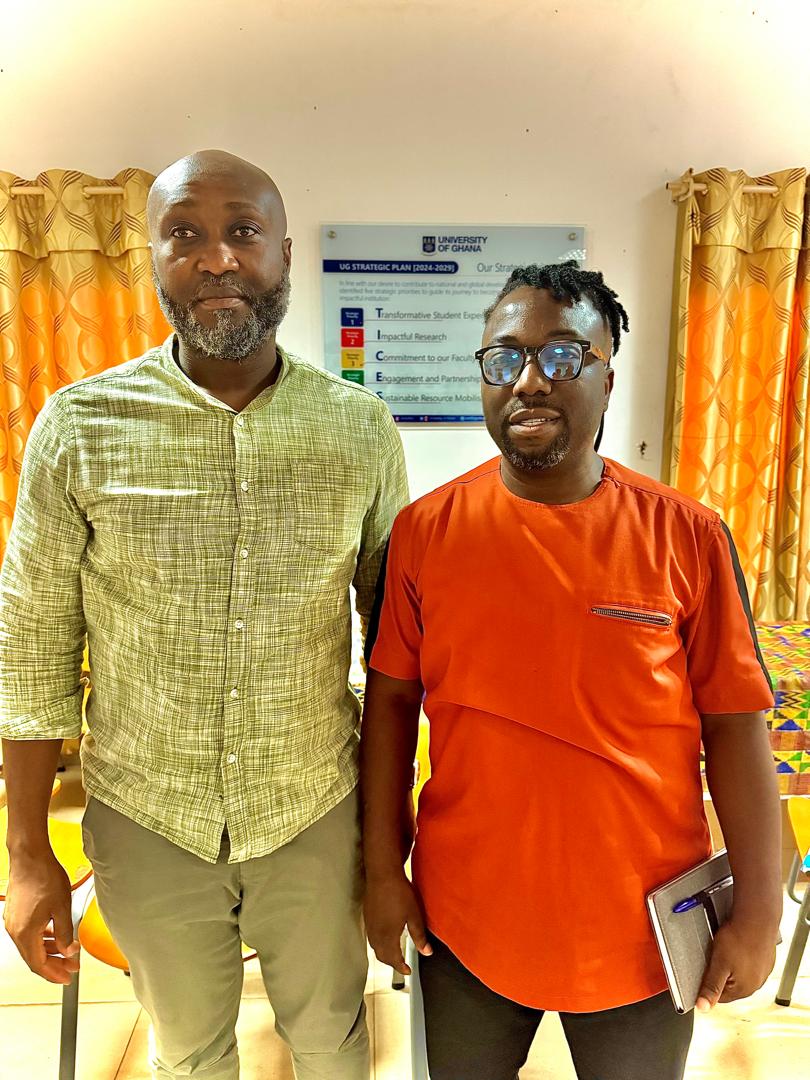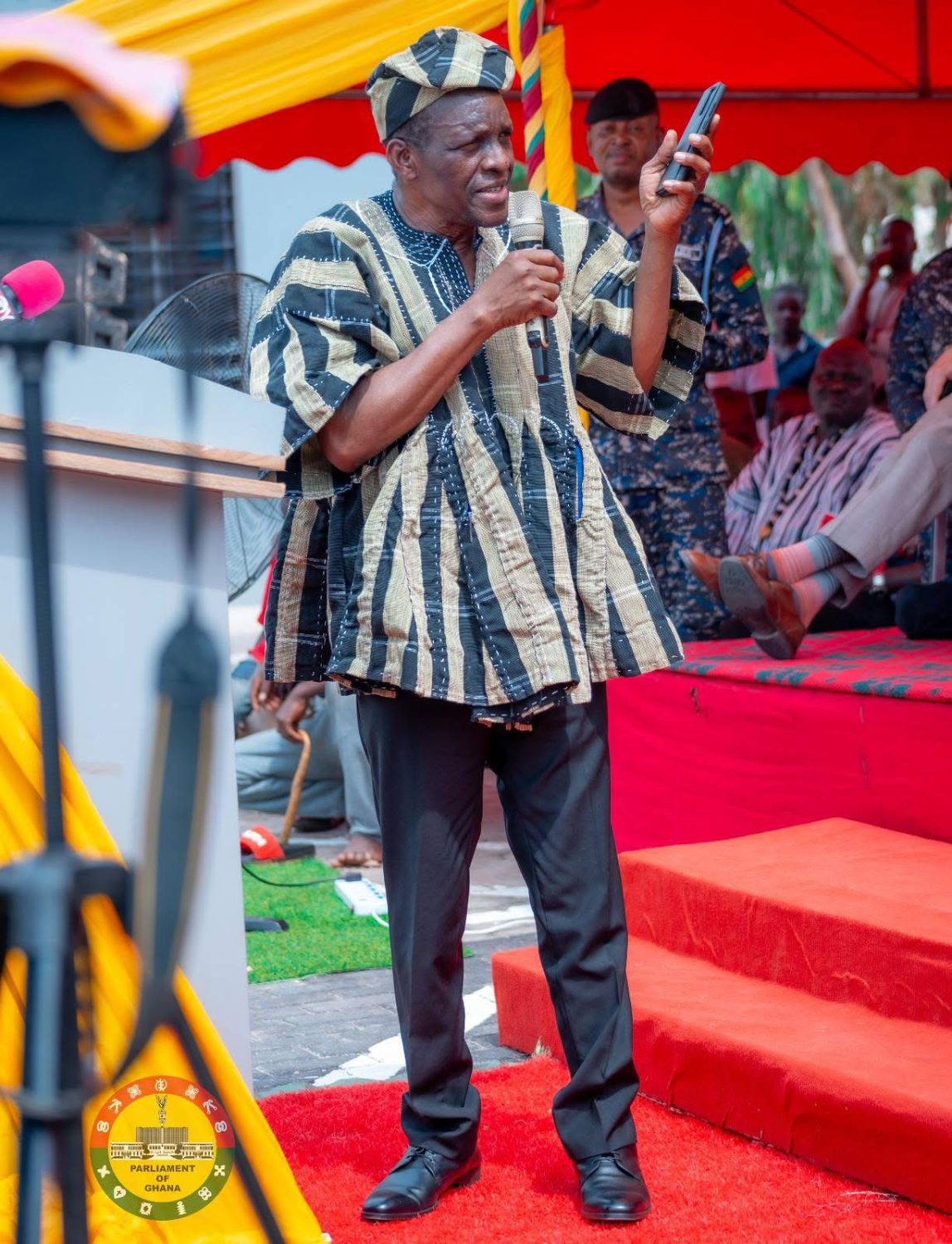In an inspiring convergence of intellect and creativity, Mr. Robert Klah the esteemed public relations officer of Charterhouse, the author of “What the Schools Fail to Teach about Education” (a rare perspective to life challenging norms), and founder of Dancetera recently graced the halls of academia as a special guest at the invitation of Dr. Delali Amuzu, a lecturer-University of Ghana. This special engagement, tailored for MA/MPhil students offered a profound exploration to Talent Development and Management, bridging the realms of the creative circle and the corporate world on the key essence of talent and ways it could be harnessed for personal and economic benefit.
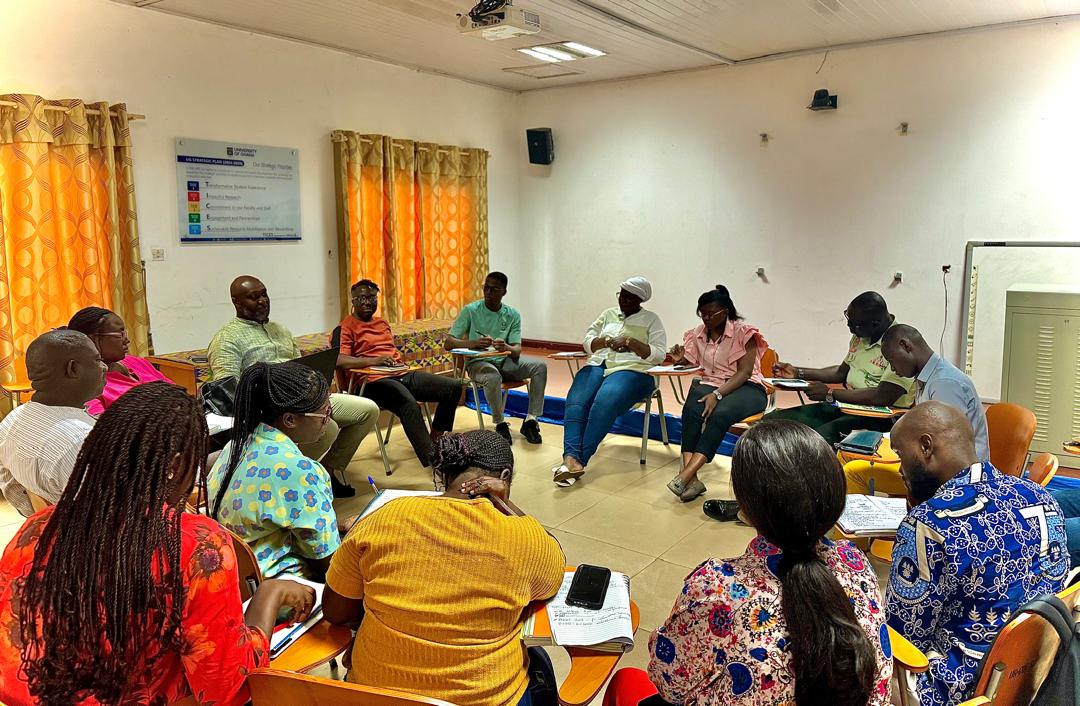
The session commenced with a thought-provoking discourse on the multifaceted nature of talent (Innate and Acquired). Mr. Klah adeptly navigated various perspectives, illustrating how talent transcends mere ability, embodying passion, potential, and perseverance. This foundational understanding set the stage for an in-depth expatiation of Talent Development, an essential process that nurtures raw potential into refined expertise. He stated that, with dedication, drive, passion, constant training, consistency and discipline any form of talent could be developed into an asset.
Central to Mr. Klah’s presentation was a comprehensive framework encapsulated in five critical areas: Discover, Understand, Develop, Deploy, and Evaluate. Each of these stages play a vital role in the holistic approach to talent management.
The first area, Discover, emphasizes the importance to identifying talent within individuals. He touched on various methods for uncovering latent abilities, from formal assessments to informal observations. He urged students to recognize that talent can manifest in diverse forms, often at different levels of life in unexpected ways. This stage is about looking beyond traditional metrics and recognizing the unique gifts that each person brings to the table.
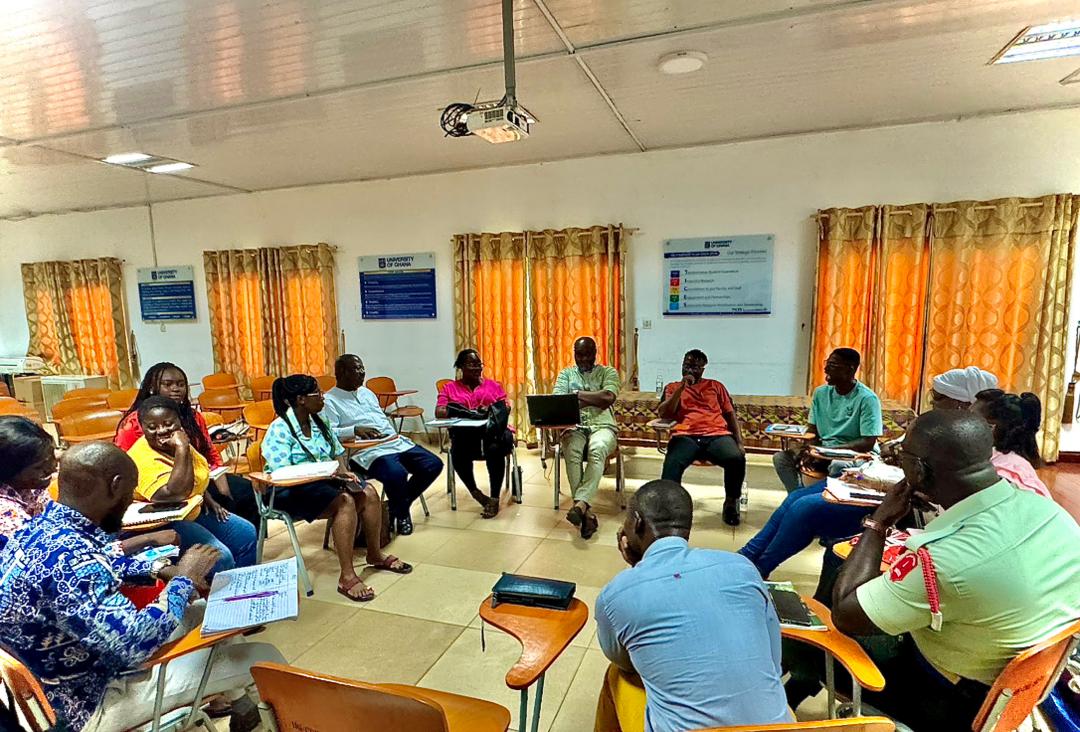
Following discovery, the next stage is Understand. Elaboration on the significance of understanding the individual’s strengths, weaknesses, and motivations was a major boiling point as a 360 circle of intense dialogue panned out various real life experiences. This understanding is not merely about cataloging skills but delving deeper into what drives individuals. It enables mentors and leaders to tailor their approaches, creating personalized development plans that resonate with each person’s aspirations and potential.
Once talent is understood, the focus shifts to Develop. In this stage, Mr. Klah highlighted the necessity of providing targeted training and opportunities for growth. He discussed various methodologies, from mentorship programs to hands-on experiences that facilitate skill enhancement. The aim is to create a nurturing environment where individuals can experiment, fail, and ultimately succeed, honing their talents in the process.
The fourth phase, Deploy, involves strategically placing individuals in roles where their talents can be put to active motion to solve a problem. He emphasized the importance of aligning individual capabilities with organizational needs, ensuring that talent is utilized effectively. This stage is crucial for fostering a sense of belonging and purpose, as individuals see their contributions making a tangible impact within the organization.
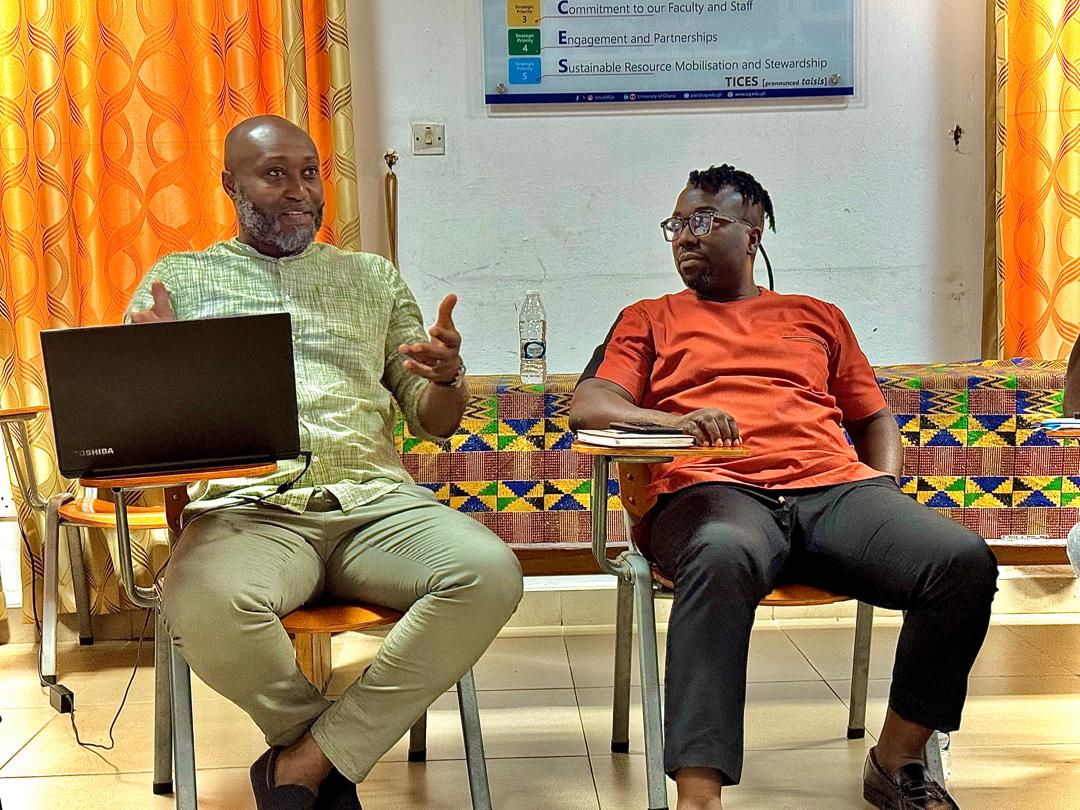
The final stage of the talent management process is to Evaluate, a critical stage that involves assessing the outcomes of talent development initiatives. The key metrics to gauge success, including performance indicators, employee satisfaction, and retention rates in an organization were discussed. Evaluating these factors does not only allow organizations to celebrate achievements but also to identify areas for improvement, fostering a culture of continuous growth.
As the session progressed, Mr. Klah seamlessly transitioned into discussing the pivotal role of education in Talent Development and Management. He articulated how educational frameworks serve as catalysts to equipping individuals with the necessary skills and knowledge to thrive in competitive environments. Education is not merely a precursor to employment; it is an ongoing journey that nurtures curiosity and adaptability, qualities essential in today’s fast-paced world.
The dialogue culminated in an analysis of Exceptional Talent and Key Metrics, an exploration of what distinguishes outstanding individuals in their respective fields. Mr. Klah challenged students to consider not only the intrinsic qualities that define exceptional talent but also the measurable outcomes that signify success. He encouraged them to think critically about how they can apply these insights to their own career paths. He touched on the basic characteristics of talent, challenges of not knowing one’s self, redundancy, physiological traits of different individuals, as well the types of talent.
This engaging session not only enriched the students’ understanding of talent in its various dimensions but also ignited a passion for the continuous pursuit of excellence. The collaboration between Dr. Amuzu and Mr. Klah exemplifies the power of mentorship and the importance of fostering an environment where creativity and corporate acumen can flourish hand in hand. “As we depart with newfound insights, we are poised to make meaningful contributions to the evolving landscape of talent development and management, equipped with the tools to discover, understand, develop, deploy, and evaluate talent in all its forms”, said, Mr. Daniel Kyei- the class rep. This is a SMART measure to going beyond traditional theory into real world application.
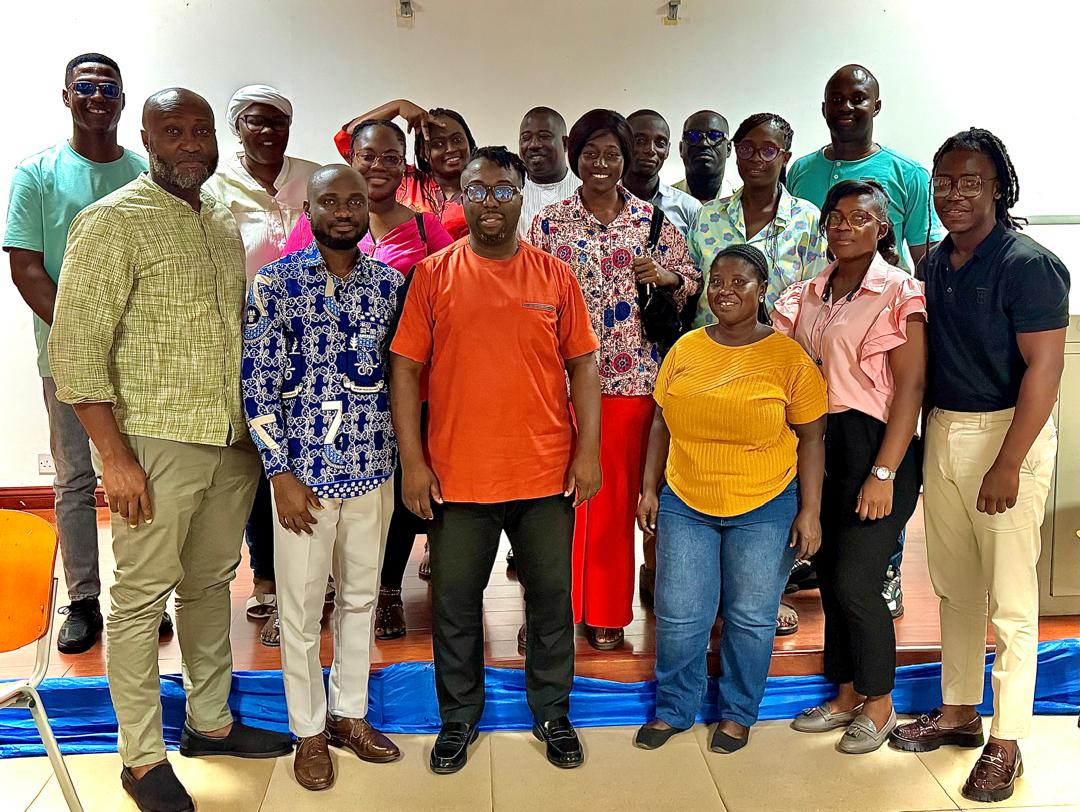
Publisher: Ohenewaa Afia Kwabi
#Education #UniversityofGhana #Dr.DelaliAmuzu #TalentDevelopment&Management #Mr.RobertKlah #Ghana #WestAfrica #NavigatingTheorytoPractice

